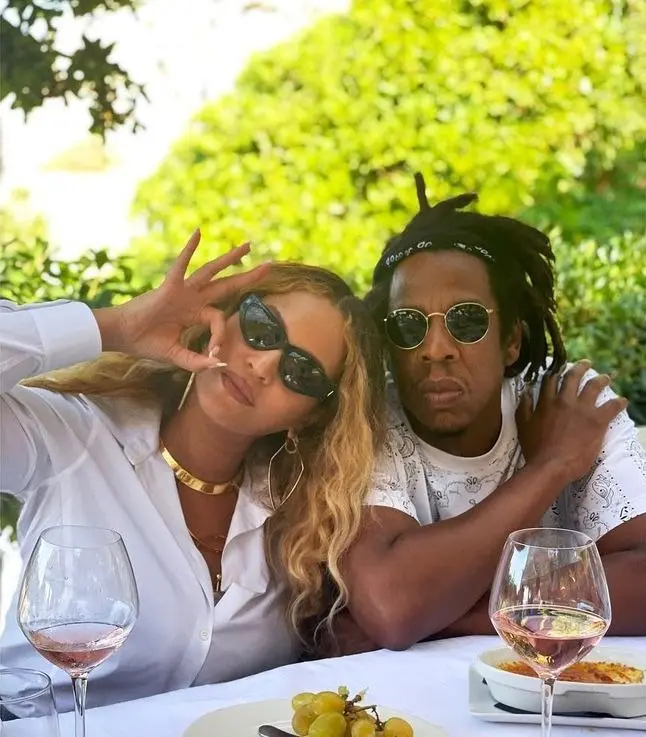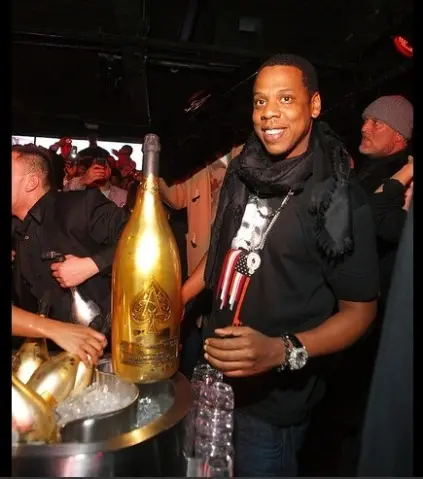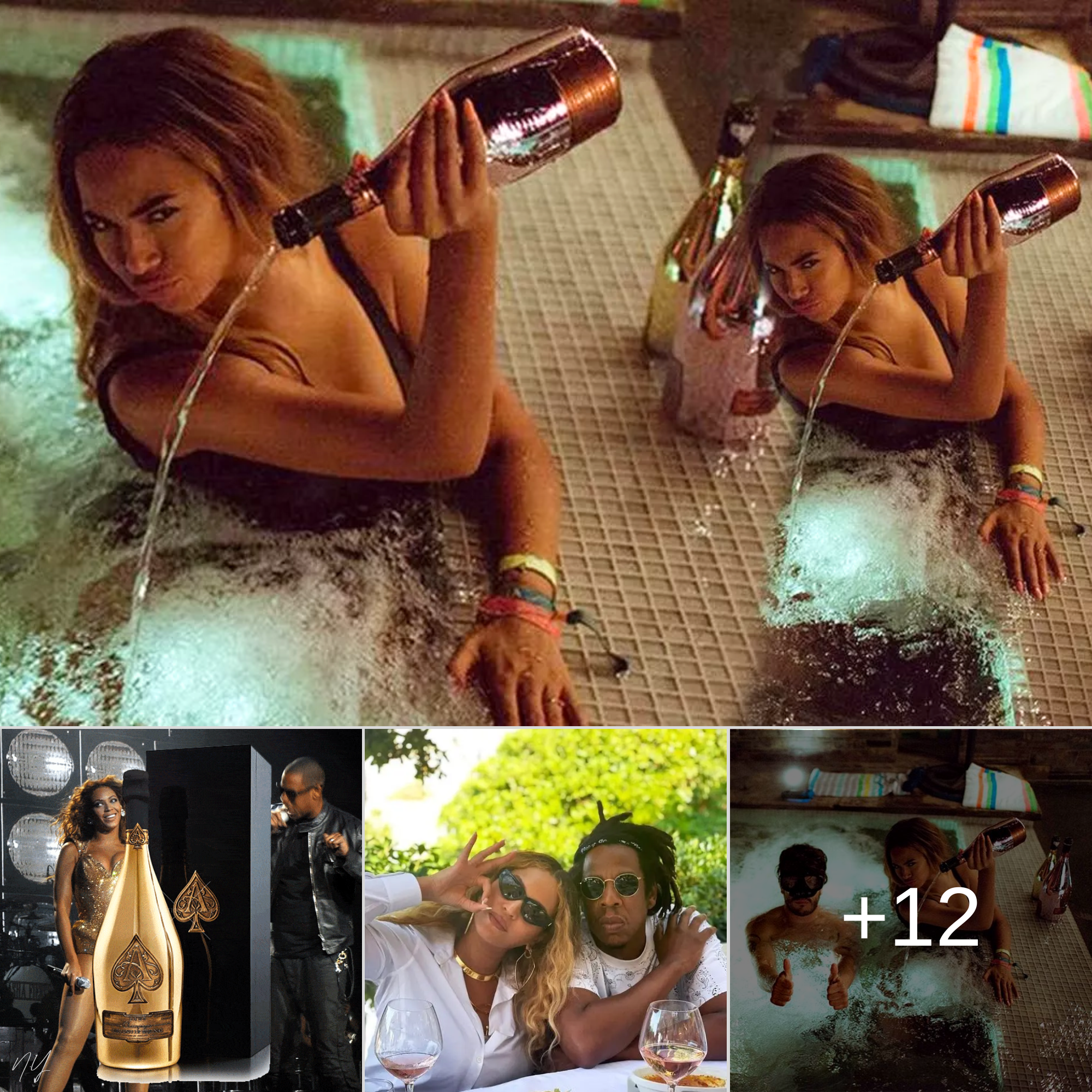Beyoncé, an icon celebrated for her talent and influence, recently faced criticism for an extravagant display that raised eyebrows worldwide. The controversy erupted when she was seen pouring 100 bottles of champagne, totaling a staggering $20,000 in value, into a hоt tub. Many viewed this act as emblematic of excessive waste, especially in a world grappling with pressing issues like poverty and environmental degradation.

Critics argued that such lavishness sends the wrong message, especially coming from someone with Beyoncé’s platform and reach. Instead of inspiring responsible consumption or using her resources for meaningful change, the act appeared to flaunt opulence without regard for its implications. The value of the champagne alone could have made a significant impact if redirected towards charitable causes or initiatives addressing pressing social and environmental concerns.

While some defended the action as a harmless indulgence or a reflection of Beyoncé’s success and status, the backlash underscores a broader conversation about conspicuous consumption and its consequences. In an era where awareness of global challenges is increasingly heightened, public figures face scrutiny for their actions, particularly when they seem out of touch with the realities faced by many around the world.

Ultimately, Beyoncé’s champagne pour serves as a reminder of the power and responsibility that accompany fаme and fortune, prompting reflection on the role of privilege in shaping perceptions and influencing societal norms.


SO WASTE: Beyoncé criticized for pouring 100 bottles of champagne worth $20,000 into a tub – Why would you waste wine like that?
